Exit polls show a 42 per cent Yes vote in SA for the Voice on day one of pre-polling
The Advertiser exit polls conducted at five voting locations across Adelaide on day one of pre-polling show how many have already said Yes and No.
SA News
Don't miss out on the headlines from SA News. Followed categories will be added to My News.
Early voting for the Voice referendum opened across the country on Tuesday with an exit poll in South Australia showing almost 42 per cent of people supported Yes on day one.
The Advertiser spoke to almost 300 people after they cast their votes at five different pre-polling centres spread across Adelaide.
Of the 291 people spoken to by The Advertiser, 169 said they had voted ‘no’, while 122 said they voted ‘yes’.
On leaving the polling booths, voters were asked if they voted ‘yes’ or ‘no’ and the reason behind their decision.
At the Marden Shopping Centre, ‘no’ voter Alan Gaekwad said he voted no because there were already Indigenous politicians in the parliament.
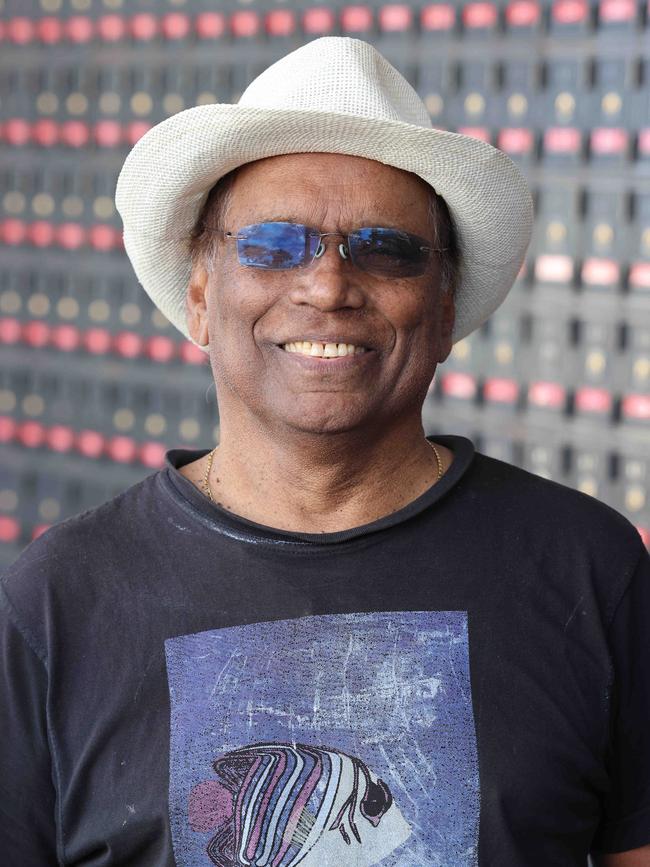
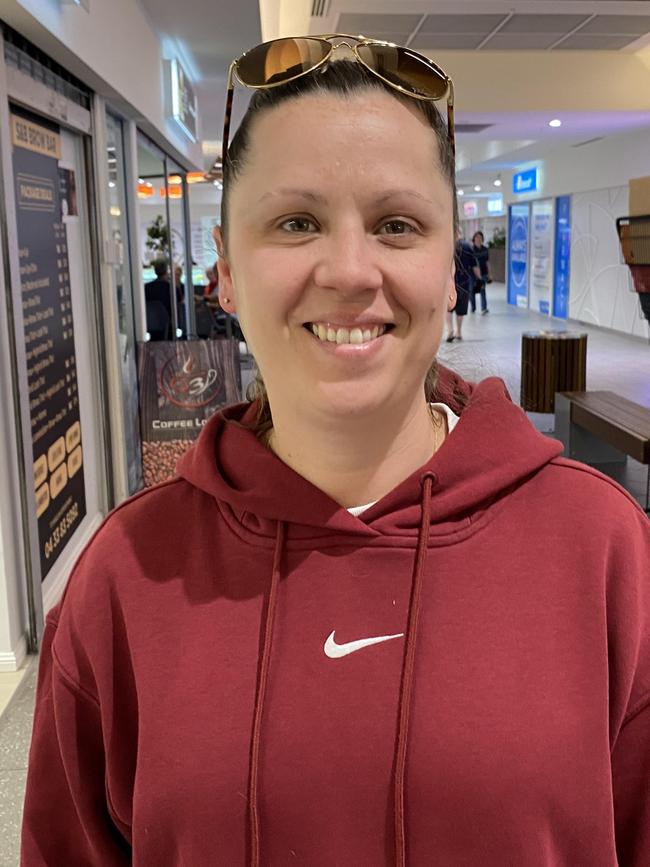
“We already have elected Aboriginal representatives and they should visit all the Aboriginal settlements and see the problems,” Mr Gaekwad said.
“It is their job (and) we should make them do their job.
“An extra bureaucratic thing won’t help. They just want more money from the government.”
Also at Marden, ‘yes’ voter Chloe Mattner, 26, from Kensington Gardens said she could see no other choice.
“It’s the only option, why would you choose no?,” she said.
“I think it’s stupid, I don’t think there should be a referendum at all, I think it should just be a yes.”
‘Yes’ voter, Sarah Lester, who cast her vote at the Modbury Triangle Shopping Centre said she did not believe the Voice was divisive but instead it would bring Australians together.
“I just think everyone deserves a right to play a part in this country at the end of the day (and) I just think that’s fair,” she said.
“There should be no division at all. We’re all one. I don’t think it’s divisive.
“Again, if it makes a change and it brings us all together, then, why not? Let’s give it a shot.”
Also at Modbury, James Stewart said he was voting no because he did not believe a Voice was what Indigenous people really wanted.
“(I voted no) mainly from what I got from the Elders of the First Nations people,” he said.
“I tend to listen to them, because with Aboriginals, they listen to their Elders, so that’s instilled into me (and) because I’ve known a lot of Aboriginal people.”
Pre-polling by The Advertiser revealed a majority of early voters were from an older demographic and more likely to vote no, while younger people were about 50 per cent yes.
At the Colonel Light Gardens Uniting Church, Gini Semaan said she was voting no because she believed funding was being misappropriated by Indigenous leaders.
“I’m going to vote for a No because I believe that the money is misgenerated at the moment,” she said.
“We actually need an inquiry. We’ve got women in the Northern Territory living on a slab of concrete with five children and having dialysis and yet we’ve got really wealthy rich Aboriginal people that are getting money, so we need to find out where the money is going because we are putting a lot of money into the Aboriginal people.”
Meanwhile, younger Australians’ support for the Voice has softened nationally as research suggests they are less likely to think Indigenous people experience disadvantage.
This has prompted a renewed push from the Yes campaign to sure up the youth vote.
Voters aged 18 to 35 remain the strongest cohort in favour of the proposed Voice to Parliament, but as the referendum date nears, the Yes camp is increasing efforts to crystallise that support.
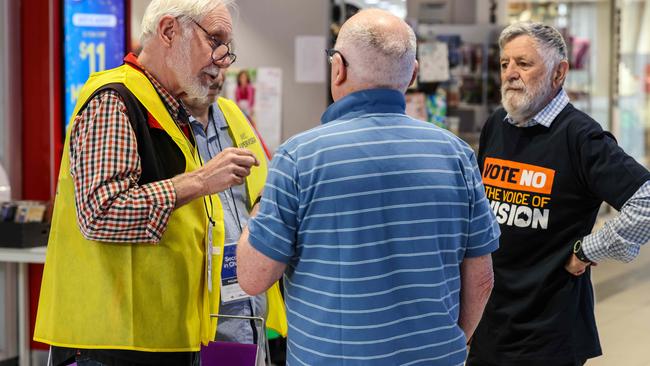
Internal campaign research found there was a lack of awareness among young people about the Indigenous gap compared to older Australians.
Yes strategists believe this issue has impacted locking in the youth vote, but their research has also found young people are more likely to support the Voice once they understand the disparity on issues like life expectancy, health education and employment.
One campaign insider said young voters were particularly important in Victoria and Queensland, as there was a larger share of under 35s, compared to South Australia and Tasmania which have more seniors.
Uluru Dialogue Youth co-chairman Allira Davis said Yes campaigners had done a “lot of work” to be on TikTok as they recognised it was a major source of information for many Australians.
“We have been trying to combat the misinformation with factual information,” she said.
“We want people to make an informed and conscious decision about what’s in front of them.”
Ms Davis attributed the slight backslide in youth support for the Voice directly to misinformation spreading online.
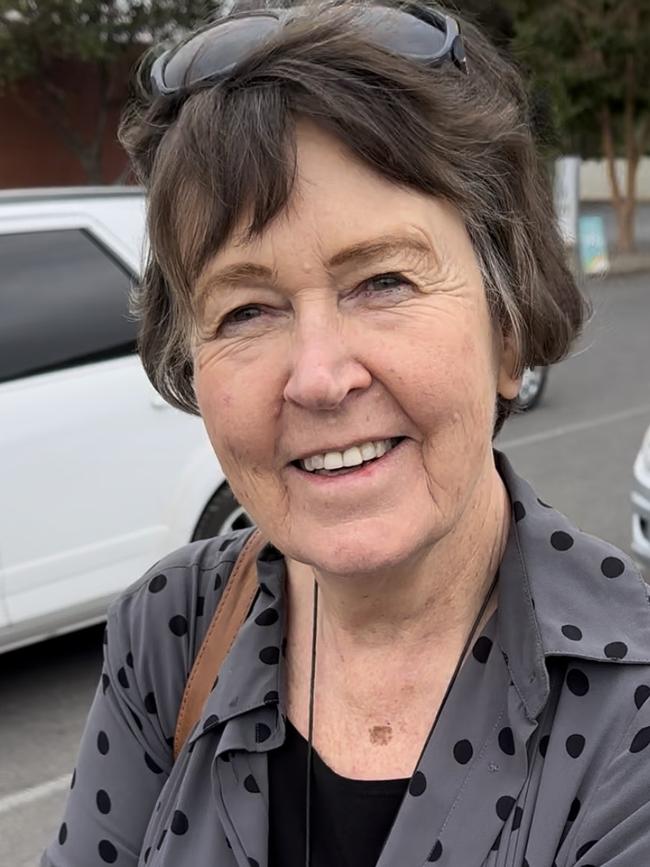
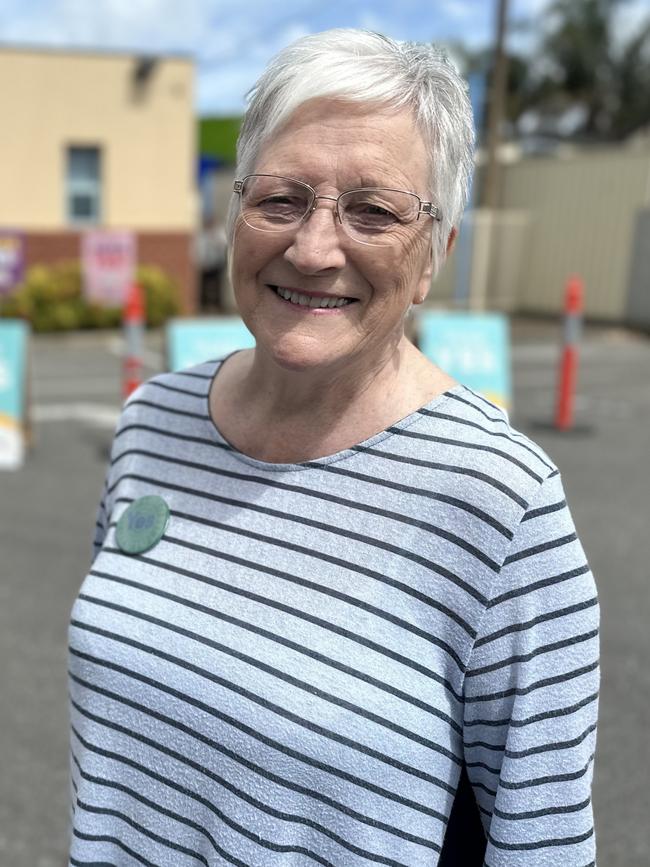
“But I have faith in the Australian people, and especially young people, that we can make a difference and make this change,” she said.
Prime Minister Anthony Albanese said he was concerned about misinformation and disinformation influencing voters trying to seek out facts about the referendum in good faith.
“To me, the No campaign undermines its own position by the fact they want to talk about everything that this referendum isn’t about and nothing about what it is,” he said.
“If they had confidence in their position, then they wouldn’t have to make things up.”
Speaking from Tasmania, which is a must-win state for the referendum to succeed, the Prime Minister urged voters to look at the wording of the proposal.
“The truth is, there is no downside in voting Yes,” he said.
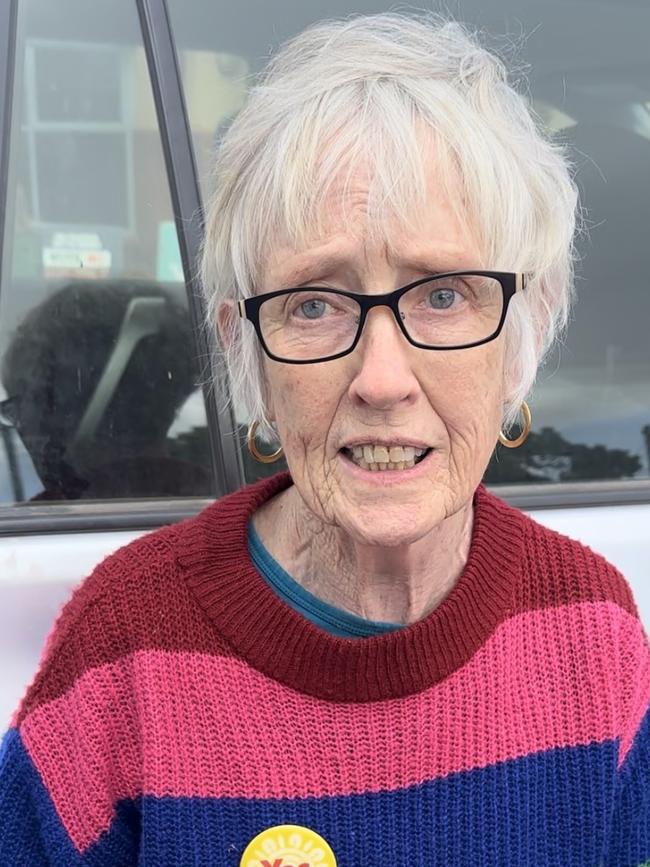
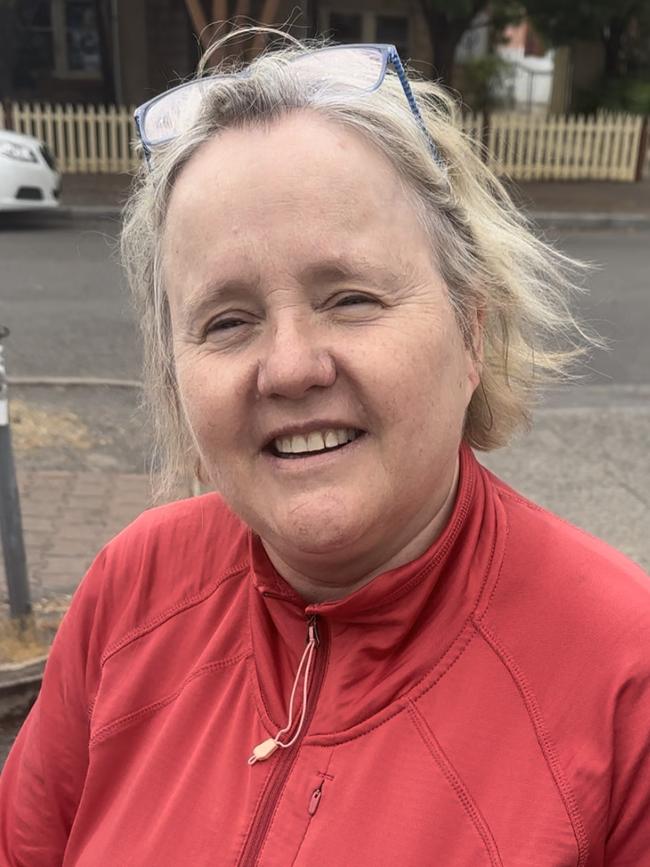
Jan Clark
“I voted no. I think it’s time that we move on together, and identifying any individual group won’t allow that to happen. I think it just divides us more.”
Patricia Scott
”I voted yes, it was a no-brainer for me right from day one. I just think that we have to do something to help our First Nations people so that they get a really good hearing and hopefully they will really achieve what they’re hoping for through this referendum.”
Sue Maywald
“I voted yes. The Uluru Statement is just such a generous opportunity and, having grown up and gone to school in the fifties and sixties, I wasn’t given any of this information.
“We now have an opportunity … to start mending our ways, to start actually giving people a voice.”
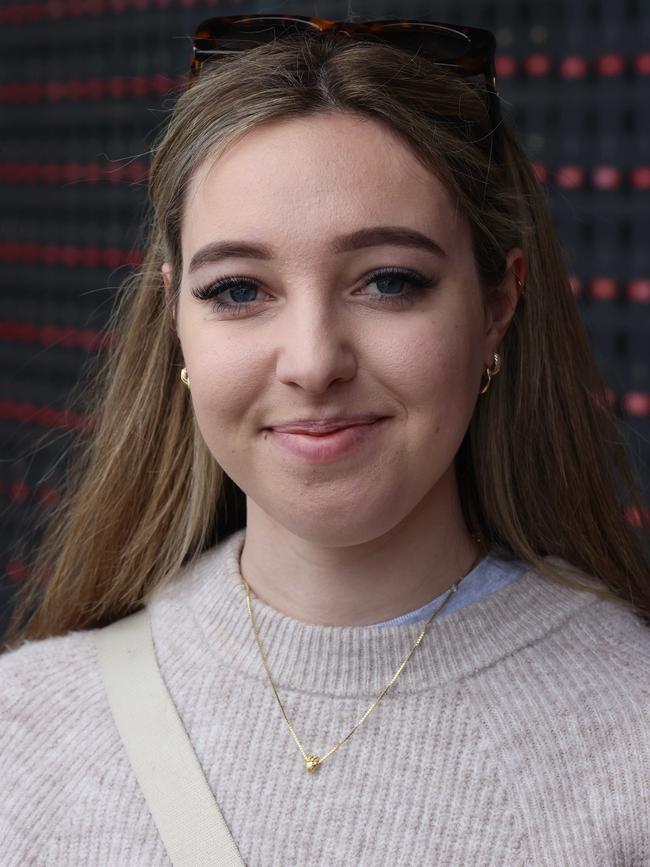
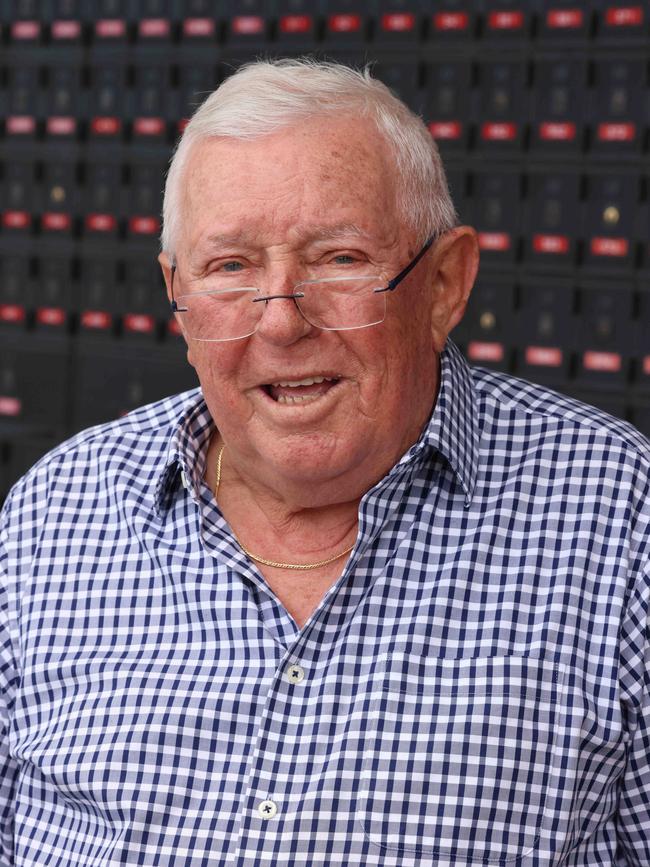
Gini Semaan
“I’m going to vote for a No because I believe that the money is misgenerated at the moment.”
Chloe Mattner
“It’s the only option, why would you choose no?”
“I think it’s stupid, I don’t think there should be a referendum at all, I think it should just be a yes.”
Peter Nutter, 81 from Walkerville.
“I feel sorry for these people, we bucketed money at them, I know it hasn’t worked, but I don’t think the Voice will either.”




